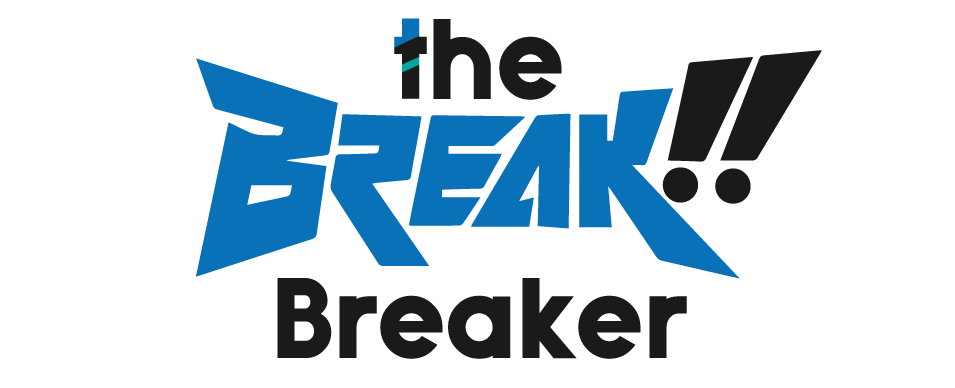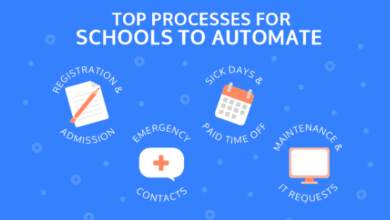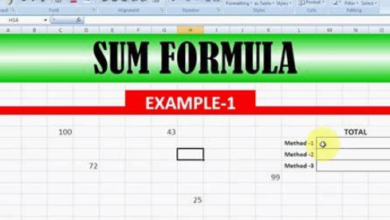
Twofold enlistment in secondary school and school
The term double enlistment basically means to at the same time sign up for two projects. The term is frequently used to portray programs intended for secondary school understudies. In these projects, understudies can start dealing with a professional education while still signing up for secondary school.
Let’s find some more important subjects here
Double enlistment timetables can fluctuate from one state to another. Names can incorporate titles, for example, “double credits,” “simultaneous designations,” and “joint selections.”
Much of the time, secondary school understudies with great scholarly standing have the valuable chance to take school courses at a neighborhood school, specialized school, or college. Understudies work with their secondary school life coaches to decide on qualifications and conclude which courses are ideal for them.
Normally, understudies should meet qualification prerequisites to sign up for a school program, and those necessities might incorporate SAT or ACT scores. Explicit necessities will change, as do colleges and specialized universities with differing confirmations prerequisites.
There are benefits and disservices to signing up for such a program.
Advantages of twofold enlistment
You can get everything rolling quickly on your school plans. By acquiring school credits while in secondary school, you might have the option to decrease how much time and cash you spend in school.
By and large, a part of double school/secondary school course educational cost is paid for by the state or nearby educational committee.
Double enlistment courses are in some cases presented at your secondary school itself. It empowers understudies to get comfortable with the responsibility of the school course in the solace of a natural setting.
A few universities offer double enlistment through the Internet.
Let’s find some more information about what is nat type
Drawbacks of twofold enlistment
It is essential to investigate the secret expenses and dangers you face once you enter a double enlistment program. Here are a few justifications for why you ought to tread carefully:
Understudies might get a course reading remittance, however, others might need to pay for a course reading. Estimating for school books can overwhelm. For instance, a school-level science book might cost north of 100 bucks. You might need to investigate the expense of reading material prior to pursuing a particular course.
Assuming school courses are offered exclusively on the genuine school grounds, the understudy will be liable for driving to and from the grounds. Think about the expense of transportation. You need to integrate travel time into your time usage contemplations. Your tests might turn out to be seriously difficult, and you may out of nowhere have less opportunity to read up for them!
For more interesting blogs, Please Visit marketing automation
School educational programs are thorough, and understudies can at times get in a tough situation. School teachers anticipate expanded development and obligation from their understudies. Be prepared! By pursuing school courses before you’re prepared, you could wind up with terrible grades – – and they’ll constantly be on your school record.
Awful grades can demolish your school plans. At the point when you pursue a school course and you begin to feel like you’re falling behind, there are just two different ways: to drop off the course or complete the course with a grade. Recall that your definitive dream school will see these two when you apply. Bombing grades can make you ineligible for the school of your fantasies. Pulling out from a course might make you ineligible to move on from secondary school on time!
Numerous school grants are intended for first-year recruits. Assuming that you took such a large number of school courses while in secondary school, you could make yourself ineligible for certain grants.
At the point when you pursue a school credit course, you are formally beginning your school profession. This implies that any place you take courses, you will establish an authority standard, and at whatever point you enter another school you will be expected to give school records of those courses — until the end of your life. Whenever you change universities, you should give records to the new school.
Assuming you are keen on this kind of program, you ought to meet with your secondary school life mentor to examine your professional objectives.




